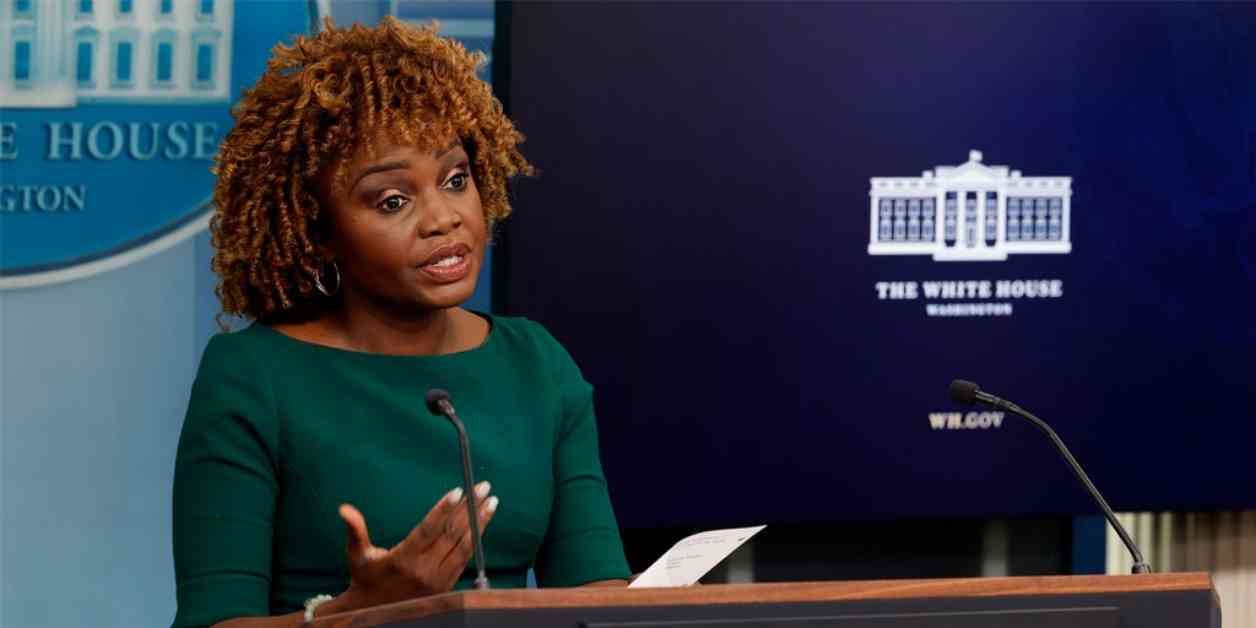In today’s world, trust in traditional sources of truth like the media, government, and science has eroded. With the rise of the internet and social media, individuals are left to navigate a landscape of competing narratives and interpretations. This post-truth condition has led to a fractured reality where facts are no longer accepted at face value.
The traditional frameworks that once guided our understanding of the world have crumbled, leaving us to debate and interpret information among ourselves. In this chaos, the subjective nature of information becomes apparent. All information is generated by humans for a purpose, whether explicit or implicit. Rather than asking if information is right or wrong, we should question its function and intent to gain a deeper understanding.
Science, once revered for its pursuit of objective truth, has also faced scrutiny during the COVID-19 pandemic. The conflicting messages from experts and institutions have exposed the politicization of science and the manipulation of information for power. The public’s skepticism towards experts and institutions is justified, as they have witnessed the misuse of information for political gain.
In a society where moral judgments are often conflated with objective truth, it is crucial to differentiate between facts and value assumptions. The confusion of moral judgments with irrefutable truth has led to a breakdown of societal norms and a need for control. The public is policed, language is monitored, and dissent is stifled in the name of moral righteousness.
To escape the mass delusions perpetuated by post-truth, individuals must engage with differing perspectives and have the courage to defend truth as they understand it. Political leaders who seek to control information and silence dissent must be held accountable. Science should be free from political influence, and all ideologies should be open to criticism.
While the post-truth era has brought uncertainty and confusion, it also offers an opportunity for growth and insight. By embracing skepticism, encouraging diverse perspectives, and valuing the role of the public in assessing information, we can navigate the complexities of our modern world. Ultimately, the pursuit of truth requires courage, open-mindedness, and a commitment to challenging our own beliefs.


















